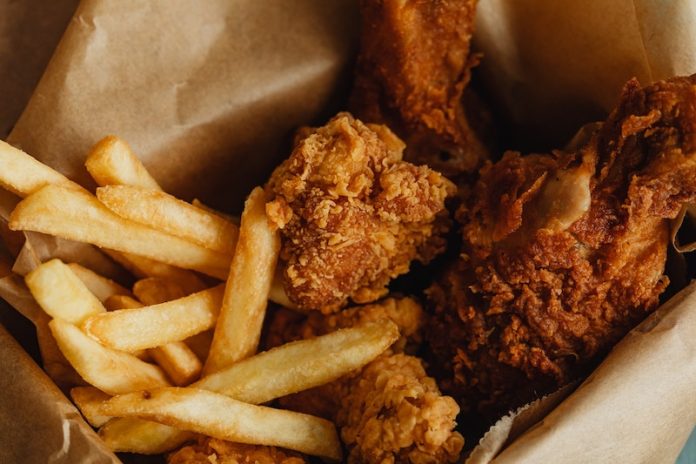
A new study led by researchers from Brigham and Women’s Hospital suggests a Western-style diet—rich in red and processed meat, sugar, and refined grains/carbohydrates—may contribute to a higher risk of colorectal cancer via effects on the gut microbiota.
The study was conducted by Shuji Ogino and his team and published in the journal Gastroenterology.
The researchers analyzed data from over 134,000 participants from two nationwide prospective cohort studies in the United States.
They examined dietary patterns and DNA from Escherichia coli (E. coli) strains found in over 1,000 colorectal tumors.
They specifically searched for bacterial strains carrying a unique genetic island known as polyketide synthase (pks), which codes for an enzyme previously shown to cause mutations in human cells.
The study found a correlation between a Western diet and colorectal tumors containing high amounts of pks+ E. coli. However, the same association was not found with tumors containing little or no pks+ E. coli.
These findings support the hypothesis that Western-style diets may increase the risk of colorectal cancer through their effect on pks+ E. coli.
This research is the first to establish a link between a Western diet and specific pathogenic bacteria in cancer.
The researchers’ next question is to determine which component of a Western-style diet and lifestyle is associated with colorectal cancer containing this bacterial species.
This study is an important step forward in understanding the complex relationship between diet, gut microbiota, and colorectal cancer risk, and further research will be needed to validate these findings and explore them in more detail.
Follow us on Twitter for more articles about this topic.
Copyright © 2023 Scientific Diet. All rights reserved.





